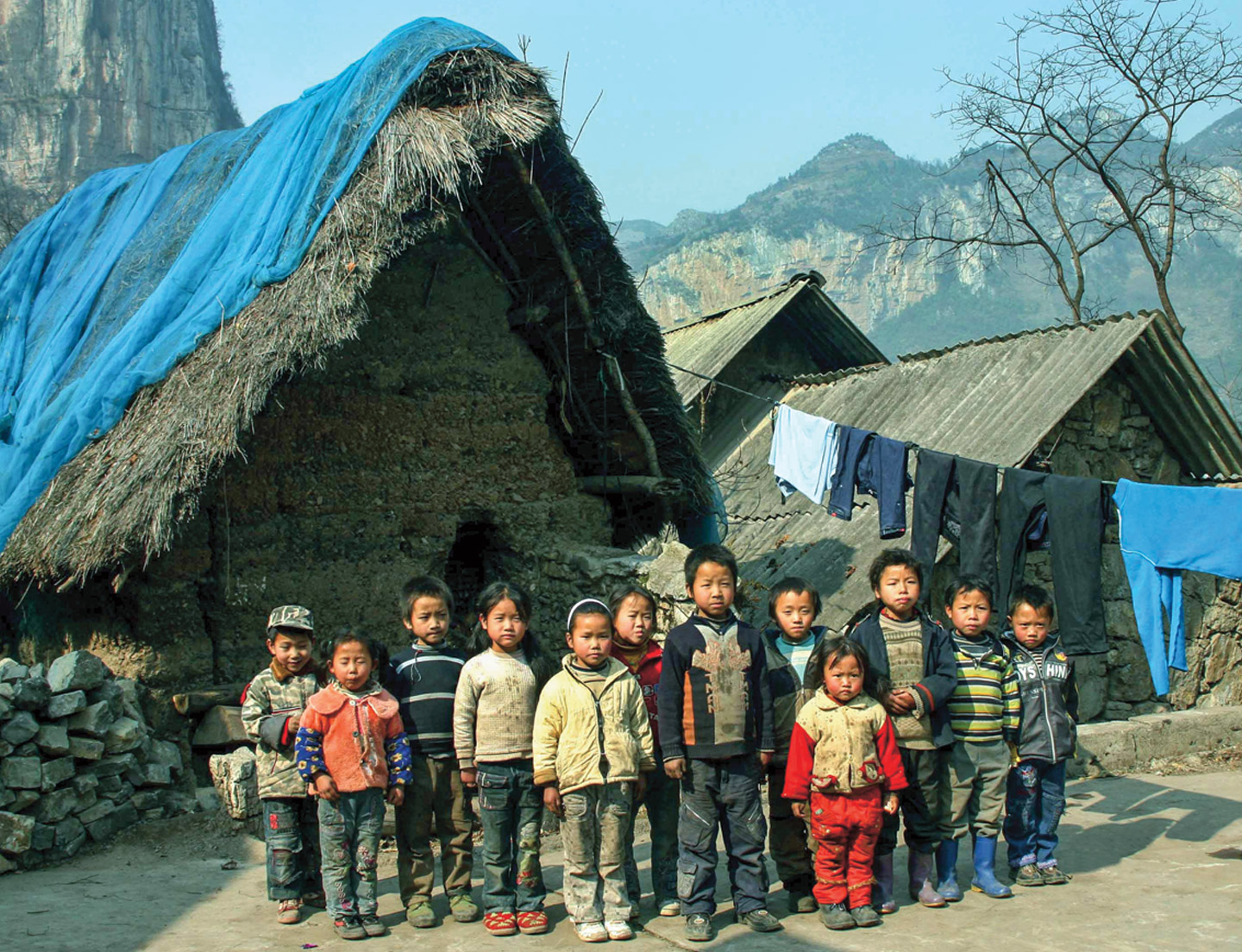Deep in rural western China, Yuwen Tang, 12, shares a one-room shack with his grandmother, younger brother, and two cousins. There isn’t much privacy; they bathe in a metal tub on the floor and share a toilet with neighbors. Yuwen is constantly surrounded by people—except for the two he misses most: his mom and dad.
Yuwen’s parents live in the city of Chengdu, several hours away from Yuwen’s home in Sichuan province. There, they work in a textile factory, churning out the kinds of products that have helped transform China’s economy into the second largest in the world (after the U.S.). Still, they’re barely scraping by, and Yuwen sees them only two or three times a year.
“I know it is hard for Mom and Dad to earn money,” he recently told the BBC. “But I miss them so much. It’s very painful.”
In Guizhou province, Gu Guangfeng has been taking care of her 15-year-old grandson and his younger sister for more than a decade. Gu’s son left his home village in search of work when the boy was just 2 years old, and has never returned. Their mother has since remarried.
“We can only tell the children the truth, that their parents have left,” Gu recently told The Statesman, an Indian newspaper.
These children are part of what’s known as China’s “left-behind generation.” They live in rural areas while one or more of their parents live and work in China’s cities—often the only place to find jobs. According to rough estimates, there are about 61 million left-behind children in China—one-fifth of all kids in the country.

